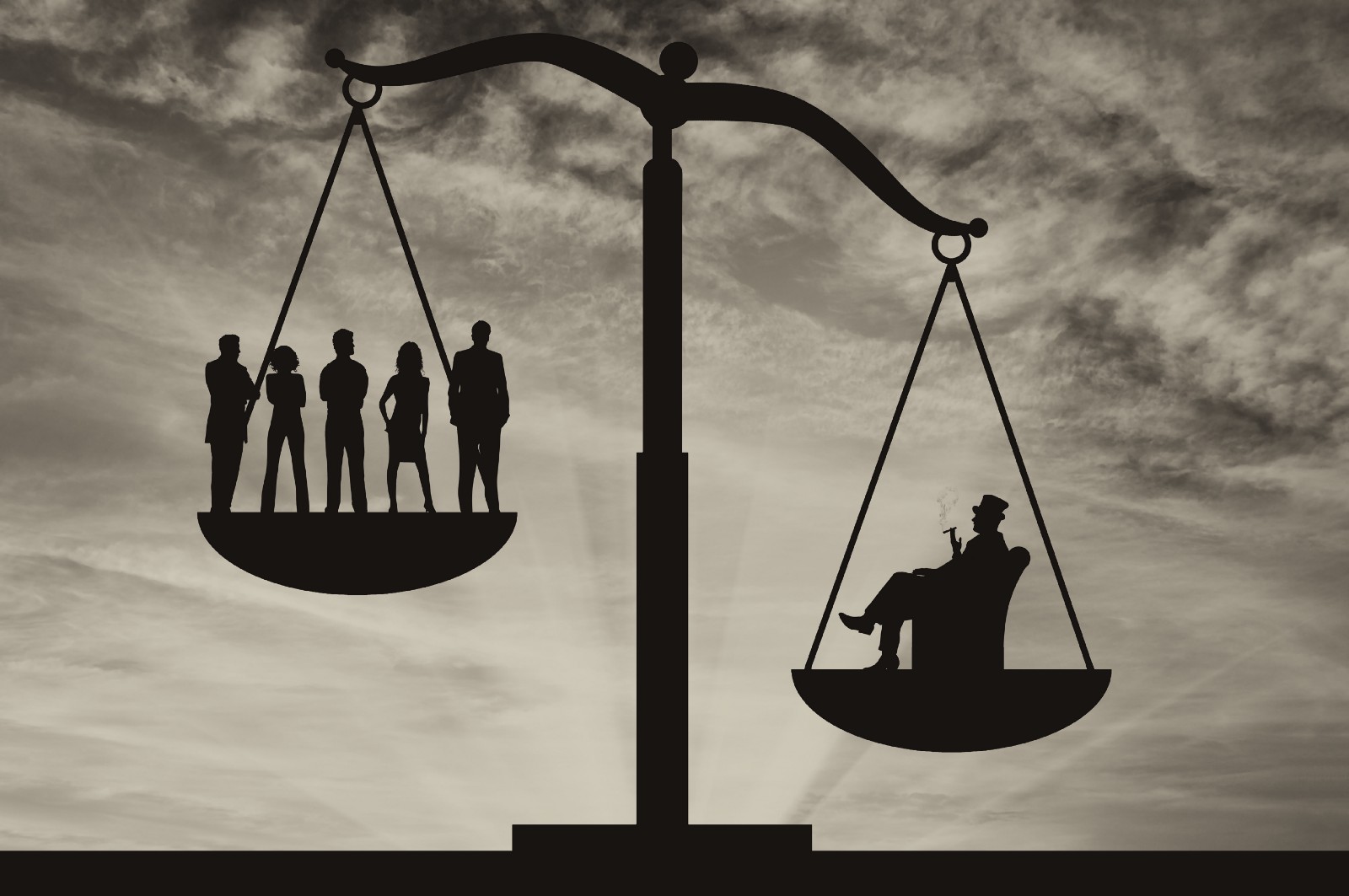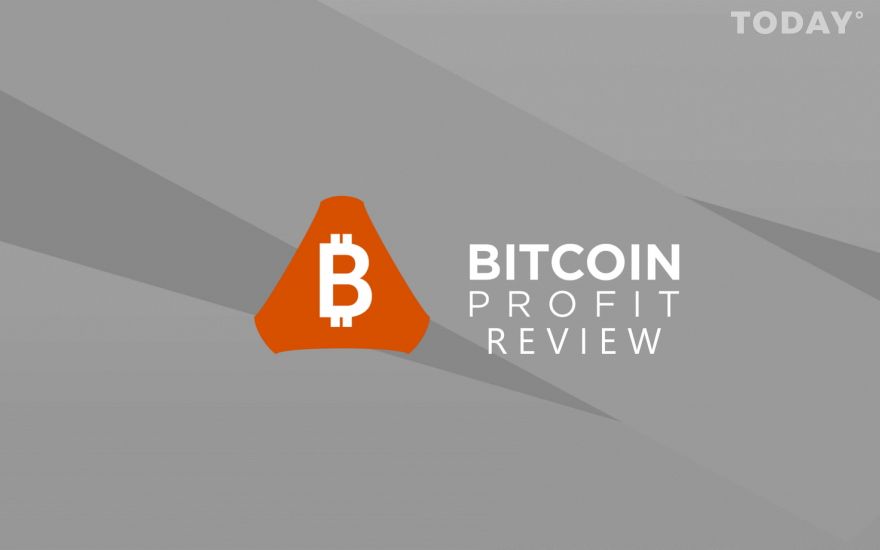Edelman’s Trust Barometer shows a marked decline in trust in public and private institutions around the world. This trust deficit is showing up in some insidious ways affecting electoral outcomes and bottom lines. It is also the most compelling case for blockchain’s adoption.
Blockchains record trust like an atomic clock records time. Unlike trust, time marches ever forward and is irreversible. What if trust could be recorded in the same manner, with exactly the same accuracy and fidelity? Trust can be lost just as soon as it is gained because of our reliance on experiential, opaque and analog methods of recording it. When someone says “trust me” it usually engenders doubt. Blockchain technology can change that. Each year for the last 18 years, Edelman, a global public relations firm, has issued a report called the Trust Barometer. While the study is a compelling snapshot in time of global attitudes and perceptions of trust in public and private institutions, the more interesting insights are gleaned by looking at this body of work longitudinally. By this measure, Edelman’s most recent Trust Barometer confirms the sentiments we have seen driving unprecedented outcomes in ballot boxes, on streets and in the market.
The surprising Brexit vote and the election of President Trump, which was a veritable trans-Atlantic echo where voters sowed the seeds of their distrust in status quo irrespective of the consequences, are two macro-level examples of the trust deficit. Indeed, following the Brexit vote, search terms for “what is Brexit?” and more troublingly, “what is the EU?” spiked in the U.K., showing the combustible political mix of antiestablishment tendencies, blended with populism and two-speed economic recovery. Many pollsters and analysts missed just how deep this wellspring of mistrust really is and only six newspapers in the U.S. were in favor of the antiestablishment candidate Trump. The erosion of institutional trust is borne, in no small measure, out of opacity, informational asymmetries and agency issues that prop up status quo and friction-laden institutions. Other than climate change, extreme income inequality and pandemics, the global trust deficit may be one of the world’s direst challenges – noting that they are all interconnected. The trust deficit is the wellspring that irrigates the seeds of political risk and social polarization reversing the course on globalization and multilateralism.
Against this complex backdrop, blockchains are no panacea, but with the right blend of leadership and institutional shifts from analog to digital, and eventually to decentralized structures, we can begin arresting the trust deficit. Markets, customers, investors and other stakeholders have all grown tired of learning about the misdeeds of large organizations during rare glimpses of sunlight that creeps through the crevices. Recent examples include Equifax executives selling stock days after a massive breach was discovered that exposed nearly the entire U.S. workforce to a lifetime of identity and financial risk. The massive account rigging scandal at Wells Fargo is another recent example that conspired to fuel growing distrust and anger in the market. Companies and institutions are responding to this trust deficit in many ways, often with the opposite expected outcomes. Starbucks’ recent decision to close 8,000 its U.S. stores on May 29 in response to the wrongful arrest of two black patrons at a store in Philadelphia may be such an overreaction to regain trust. The slow and somewhat tone-deaf response from Mark Zuckerberg, Facebook’s media-shy CEO, following the Cambridge Analytica scandal, which may have had election-swaying impacts, certainly contributed to Facebook’s trust deficit. Although counter-intuitively Facebook has enjoyed a 50% quarterly revenue gain, showing that the platform may be too big to avoid or there is a lag effect in the market.
Source/More: Why Blockchain, Why Now?
















